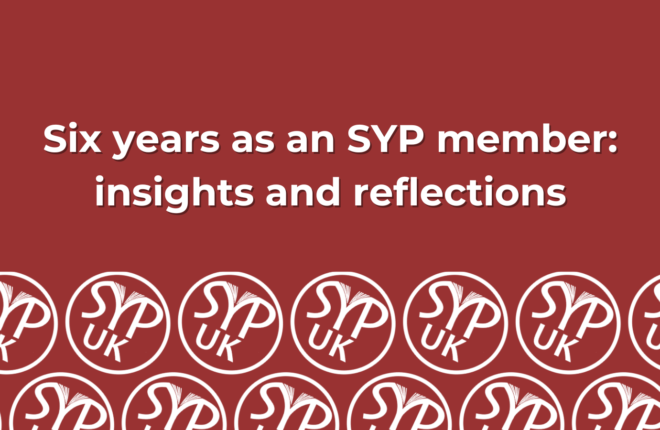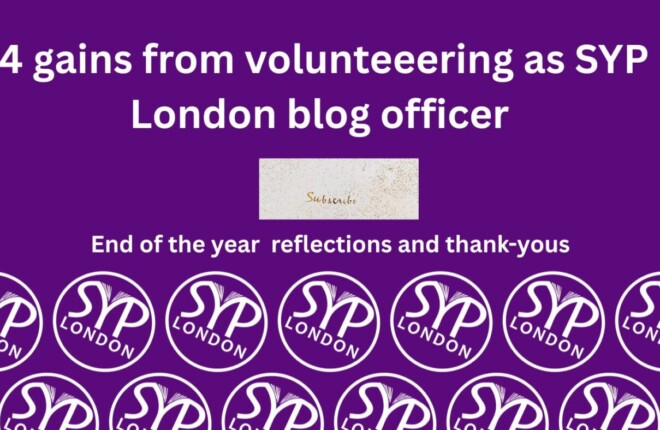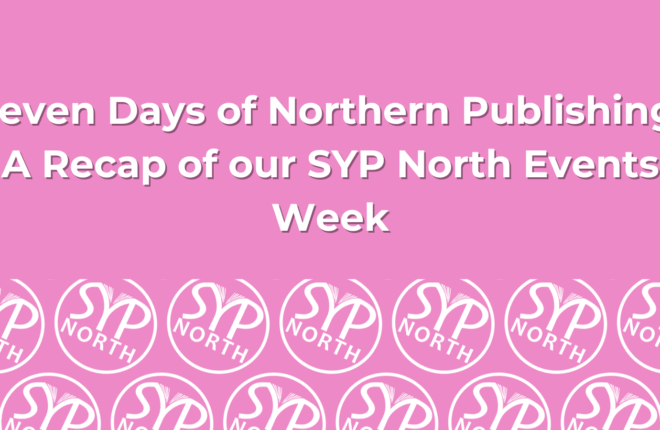
An Interview with journalist Silvia Pingitore
Posted on September 11, 2025 in INTO, London

Silvia Pingitore is a multilingual journalist, author, and editor, best known as the founder of The Shortlisted, an international magazine spotlighting some of the most inspiring personalities in the arts industry. In this article, Silvia reflects on the origins of The Shortlisted and offers practical advice for breaking into editorial writing, especially when working in a language that isn’t your first.
Hi Silvia, where were you born and raised?
I was born and bred in Rome.
What’s your educational background?
I attended “Via Ripetta 218” arts high school in Rome, whose ups and downs and unique characters inspired me to write my debut novel of the same title, which was published nationwide in Italy five years after I left school. I started my journalism practice of 2 years at 19, simultaneously with uni, and I graduated in Communications and got my National Press Card at the same time. I then did a Master’s Degree in Comics Publishing, and my dissertation about the role of Smurfette in the Smurfs’ village made the subject of my second book later on. By then, I was travelling around Europe to try and find things other than the ones my homeland had to offer. I took a variety of internships, jobs, gigs and side hustles here and there to get as much editorial experience as possible and I ended up getting fluent in French and Spanish in addition to English, and with a Master’s Degree in International Relations from the University of Paris, and a Journalism & Newswriting Diploma from the London School of Journalism.
Your CV as a journalist and published author is impressive and eclectic: would you mind talking us through the milestones in your career?
I don’t really see milestones or achievements when I look at my path; I mostly see life and hunger for life and freedom, which is a major thing to me.
It is very common for both young and not-so-young people in Italy to think life is so long and that you will be young indefinitely, so they sit back, relax and introduce themselves as “a 45-year-old boy”. But for me, life’s way too short and there is no time to waste doing things that I personally don’t find worth learning, and I am very, very picky and critical when it comes to learning. I remember being at school and thinking, “Okay, turning 18 is going to be the end for me if I don’t get out of there soon and into the world and see what it’s like”. And so, I may mention the native-speaker level diplomas I hold for the three languages I speak besides Italian, as these career-oriented certifications are extremely difficult to obtain and a pain in the neck; but in my case, you do that, you do what you can to build your CV because when you don’t have friends in high places, and most importantly, when you choose not to have friends in high places even when you are given the opportunity to enter circles through getting your books published, writing reviews for a national and being on TV, for example, – which is another crazy story -, then you’ll need your achievements to speak for you; milestones are just that for me, a reminder of the efforts people who never had it easy will always have to make to achieve freedom. As B.B. King and John Dewey respectively said, nobody can take learning away from you, and learning in the process of living is the deepest form of freedom.
Even more impressively, about 10 years ago you created your own product, the Shortlisted Magazine. How did you come up with the idea of conducting celebrity interviews?
The Shortlisted was first born as a platform to sell CV writing services – hence, the name. It also featured a blog about recruitment and employment topics. Because I had moved around so much and I had to come up with ways to tailor my CV and cover letters for different roles and industries, I had become good at doing CVs. So, when I started helping friends with that, and they would get the job, I thought it could be a good business. And it was.
And so, after it became established, I scratched it.
I quit the career services, I removed the content about work, I did a total rebrand and I started all over again with celebrity interviews.
My writing skills in English had improved by then, and I felt I could finally do something I really enjoyed doing as a writer when I first started out in Italy: interviewing people. Yes, I was still interviewing people about work for the blog, but here is the thing: workplace horror stories read like true crime after a while, and is all that HR blabbing about casual Friday policies really making someone’s day?
I wanted to talk with people who had achieved extraordinary things in the arts instead, and ask them the right questions that would inspire kids to reach for the stars.
So far, I have interviewed over 80 personalities from the world of music, film, literature and culture like Natalie Portman, George Orwell’s son, Monica Bellucci, Back to the Future creator Bob Gale, Oscar Wilde’s grandson, Andrea Bocelli, Moby, Tetris creator Alexey Pajitnov and many others, and the celebrity interviews have been licensed and reprinted in selected publications in 9 countries, including the United Kingdom, the United States, France, Germany, Australia – and counting.
How long did it take for you to write in English confidently? Was it a smooth process or a painful one? Additionally, when writing, do you use English and your mother tongue interchangeably, or do you find that certain topics/formats fit one language better than the other?
The process was endless, and it’s still ongoing, but that’s the same when it comes to writing in Italian. Writing in itself is a lifelong learning process, regardless of the language you use. When you really love words and you see how they create paintings and feelings and everything else in the human mind, you will never have enough of them. I’m talking more about creative writing here, rather than being able to put together a cover letter or something. When you love writing, you are always finding new words you didn’t know about, and new ways to form sentences – you hear something funny and you won’t stop thinking about it until you grasp how the comical effect was achieved.
Everything I write in English was first created in my head in English; I don’t translate. It goes the other way around too, as I am often struggling to explain something I learned in English using Italian, and vice versa.
Speaking different languages is like having multiple brains and personalities and versions of yourself which won’t necessarily communicate or collaborate, or even like each other, so it may be tricky to retrieve and collect multilingual memories and bits of information; there are things I learned in French while I was living in Spain which I later researched in English that I eventually had to write down in Italian – it’s exhausting.
When it comes to writing in English, it took me ages to reach this point. I studied like a madman to achieve the C2 Proficiency Diploma from the British Council, which is crazy difficult. This is the highest diploma of this sort you can take, and I passed it in 2017, but when I compare my English writing skills back then to what they are like today, I realise a diploma doesn’t prove much.
You continuously learn and improve your language skills by equally watching cartoons and seeing how government notices are drafted, by listening to random songs and hearing different accents on YouTube, and of course, by reading everything you can, not only books, but also things like canned soup labels, provided you eat canned soup – which I don’t. But I was once spending hours in London supermarkets reading the weirdest labels and reviewing all sorts of cooking instructions that, being Italian, I would, without fail, disagree with.
Finally, what advice would you give to a non-native who wants to take the plunge and start writing in English, with the aim of doing it professionally one day?
Instead of keeping translating things in your head, try to read and listen to everything you can just for the sake of it; even if you only understand a fraction of the content, let the words flow like music, and only after you fall in love with the language, do start and analyse grammar.
Grammar is crucial, no matter what they say; you learn how to write properly in any language only when you master grammar.
But don’t be a bookworm; pay attention to the smallest language details in everyday life, speak to the people you think have nothing to teach you and steal with your eyes everything you are legally allowed to steal, because the thing is not just putting together a bunch of words that are syntactically correct; the thing is to truly get to the core of anything you are going to write about, and not ending up like the ones who translate TV series like robots, negatively affecting the cultural understanding of millions of people and ruining the whole experience for them.
And so, you have these TV characters in US series saying things that don’t make any sense when dubbed in Italian; one example is the pepperoni pizza.
Pepperoni is an American variety of spicy salami made from cured beef and pork seasoned with paprika and chili peppers they use as a pizza topping, but peperone means bell pepper in Italian; as a result of poor translation, dubbed actors are always announcing that they are going to have some bell pepper pizza even when you can clearly see in the film that they are eating a salami pizza instead. I’ve never ever seen a single bell pepper pizza on a TV show, but I heard this idiotic sort of translation dozens of times. Learning and ultimately writing professionally in any language is a huge process, and you’ve got to enjoy it and be genuinely interested in the culture, the things you write about and the people who will read these things; otherwise, the pepperoni pizza trap is just around the corner.




 Listen to the podcast
Listen to the podcast  Explore the Youtube channel
Explore the Youtube channel